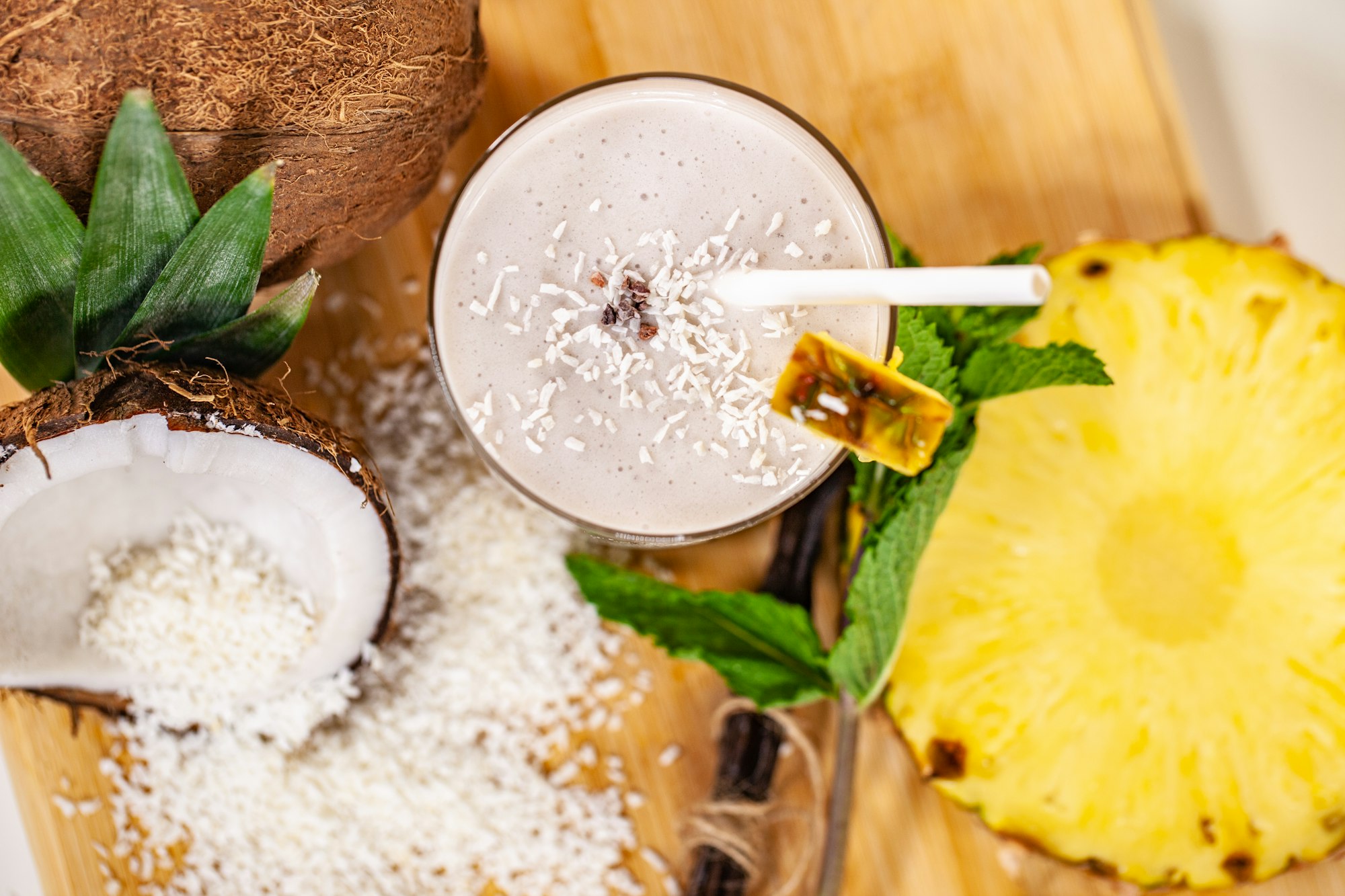Content Summary
Longevity, the art of living a longer, healthier, and more fulfilling life, has been a quest pursued by humanity for centuries. As our understanding of biology and healthcare advances, we are uncovering the underlying mechanisms behind aging and discovering ways to extend our health span—the period of life when we enjoy good health and vitality.
In this article, we will explore why we age, the importance of living a healthier and longer life, the causes of aging, how to avoid premature aging, the impact of modern lifestyles on longevity, and strategies to improve our longevity in a healthy and sustainable way.
Why We Age and the Importance of Health Span
Aging is a complex biological process influenced by various genetic, environmental, and lifestyle factors. Over time, our cells experience damage and decline in function, leading to an increased risk of chronic diseases and a decreased ability to recover from injuries.
The ultimate goal of longevity research is not merely extending lifespan but rather promoting health span—the period of life spent in good health and free from debilitating illnesses.
Health span is crucial because it allows individuals to remain physically and mentally active, maintain independence, and contribute to society for a more extended period. Moreover, a longer health span translates to reduced healthcare costs and a higher quality of life for individuals and their families.
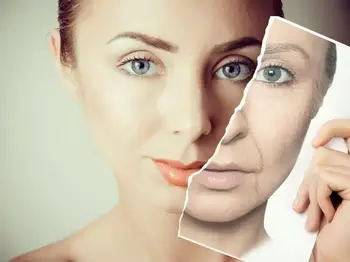

Causes of Aging and How to Avoid Premature Aging
Numerous theories attempt to explain the causes of aging, including genetic predisposition, oxidative stress, cellular senescence, and inflammation. While we cannot halt the natural aging process entirely, adopting certain lifestyle habits can significantly impact how we age and delay its effects:
Balanced Nutrition: A well-balanced diet rich in fruits, vegetables, whole grains, and lean proteins provides essential nutrients and antioxidants that help combat oxidative stress and inflammation.
Regular Exercise: Engaging in physical activity not only enhances cardiovascular health but also supports cognitive function and maintains muscle strength and flexibility.
Stress Management: Chronic stress can accelerate aging by releasing stress hormones that harm the body's cells. Practicing mindfulness, meditation, or hobbies can reduce stress and improve overall well-being.
Sleep Quality: Adequate and restful sleep is crucial for cellular repair and regeneration, enhancing cognitive function and reducing the risk of chronic diseases.
Avoidance of Harmful Habits: Smoking, excessive alcohol consumption, and drug abuse can lead to premature aging and increase the risk of various health conditions.
Sun Protection: Prolonged sun exposure can damage the skin and accelerate the aging process. Using sunscreen and protective clothing is essential to maintain youthful skin.

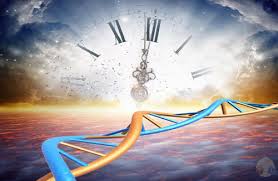
Impact of Modern Lifestyles on Longevity
Modern lifestyles have brought remarkable advances, but they also pose challenges to longevity. Sedentary behaviors, poor dietary choices, exposure to environmental pollutants, and chronic stress have become prevalent in our fast-paced society. These factors contribute to the rising rates of obesity, cardiovascular diseases, diabetes, and mental health issues.
Moreover, excessive reliance on processed foods, high-sugar diets, and unhealthy fats leads to chronic inflammation, oxidative stress, and metabolic imbalances. The ever-increasing use of technology and digital devices may also contribute to sleep disturbances, affecting overall well-being and longevity.


Improving Longevity in a Healthy Life
To improve longevity and achieve a healthier and more fulfilling life, we must embrace a holistic approach that encompasses physical, mental, and emotional well-being:
Regular Health Check-ups: Routine health screenings allow early detection and management of potential health issues, increasing the likelihood of successful treatment.
Social Connections: Maintaining strong social ties and engaging in meaningful relationships have been linked to improved mental health and longevity.
Lifelong Learning: Keeping the mind active and engaged through continuous learning, hobbies, and intellectual pursuits can promote cognitive health and longevity.
Environmental Awareness: Reducing exposure to pollutants, chemicals, and harmful substances helps protect cellular health and supports overall well-being.
Purpose and Meaning: Finding a sense of purpose and meaning in life can enhance psychological resilience and contribute to a positive outlook.
Author's Choice of Self-Helping Books about Longevity and Healthy Lifestyle:
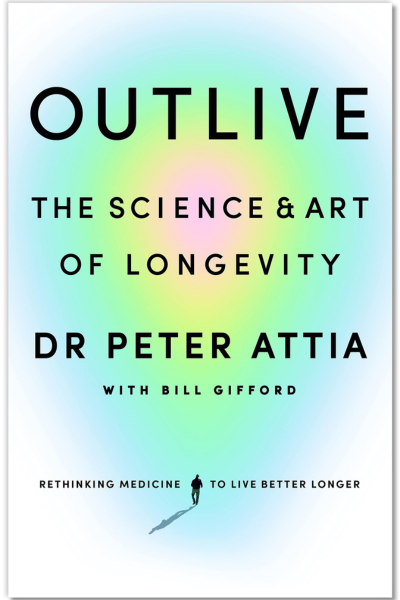
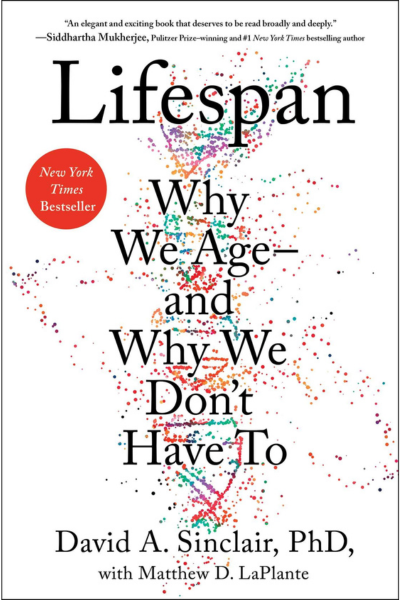
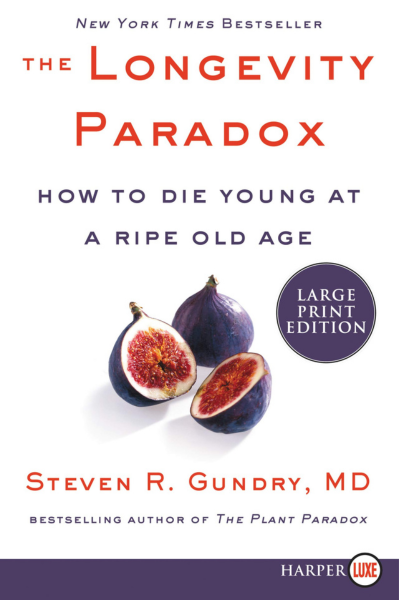
Conclusion
Longevity is a multi-faceted journey that combines scientific advancements with personal choices and lifestyle habits. While we cannot halt the aging process entirely, we can significantly impact how we age and improve our health span by adopting a healthier lifestyle.
By prioritizing balanced nutrition, regular exercise, stress management, and avoiding harmful habits, we can maximize our chances of living a longer, healthier, and more fulfilling life.
Embracing these changes and remaining mindful of modern lifestyle challenges will empower us to unlock the secrets of longevity and make the most of our time on this planet.
Live a Longer Healthier Life!
Relevant Reads>>>




